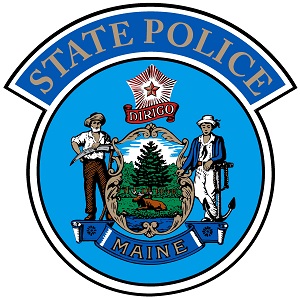Maine State Police to hire additional detectives, behavioral health specialists
On June 10, Maine State Police Colonel John Cote described a structural reorganization of the agency that he oversees, and which includes several new positions and other efficiency measures.
Troop units are to be reorganized, with overnight coverage on many nights, while Specialty Teams and Major Crimes Units are to be expanded.
“The most important message is that the Maine State Police core mission will remain the same.” said Colonel Cote, in a news release. “In the field, we will work to implement our new resources while existing Troopers continue to serve and protect our communities. We will also continue to honor all existing call sharing commitments with our county partners.”
The reorganization is to largely impact the administrative design of the Maine State Police and have minimal impact on the actual day-to-day activities and duties in the field, the release said.
A midnight shift in most parts of the state is the be established. Under the current structure, Troopers maintain a readiness and on-call status through the night which often results in unexpected call-outs and impact to their well-being.
“We believe that the creation of an overnight shift will provide an expedited response to critical calls from the public during the overnight,” the release said. “This will also provide vital support for the health and wellness of our troopers. This change is simply the first evolution that will allow the agency to be much more agile in making ongoing adjustments based on the changing demands of the public safety environment.”
Maine State Police will add three detective positions, an additional trooper for the Training Unit assigned to the Maine Criminal Justice Academy, and funding for a body camera program.
Additionally, five behavioral health specialists are to be hired.
“The Behavioral Health Specialists will serve as liaisons to the Troopers in the field and help people in need of services,” said Cote. “These specialists will coordinate with resource providers and law enforcement to better deliver services and connect those struggling with mental health crisis, substance use disorder, elder abuse, homelessness and domestic/family violence.”


























